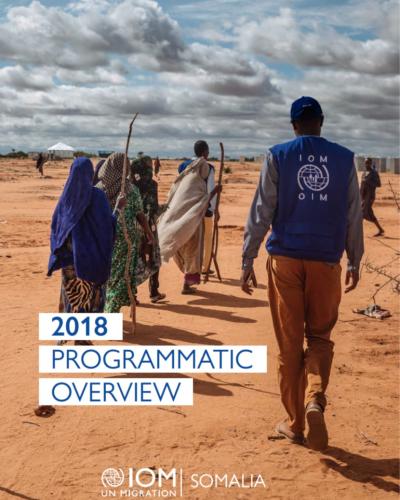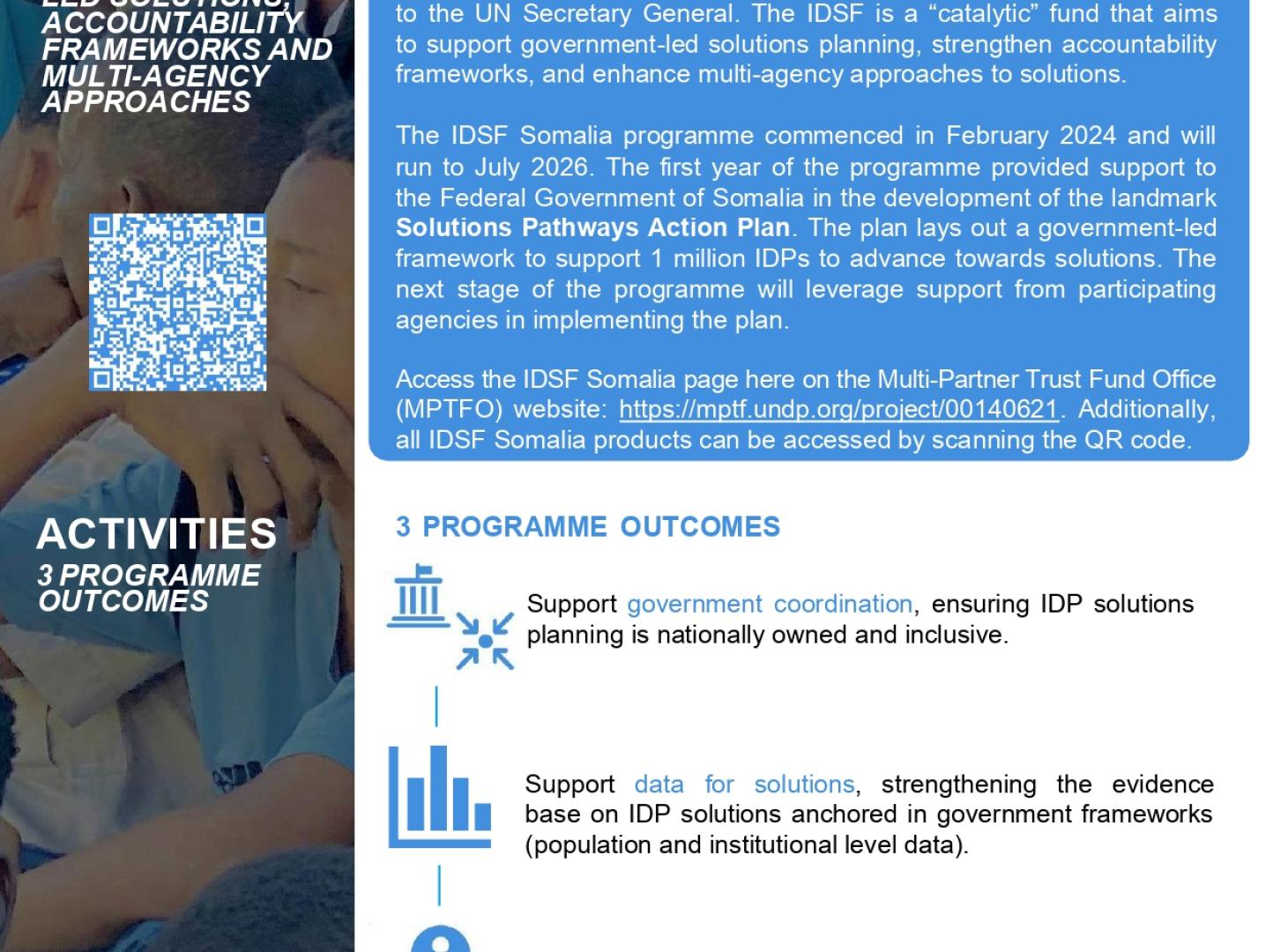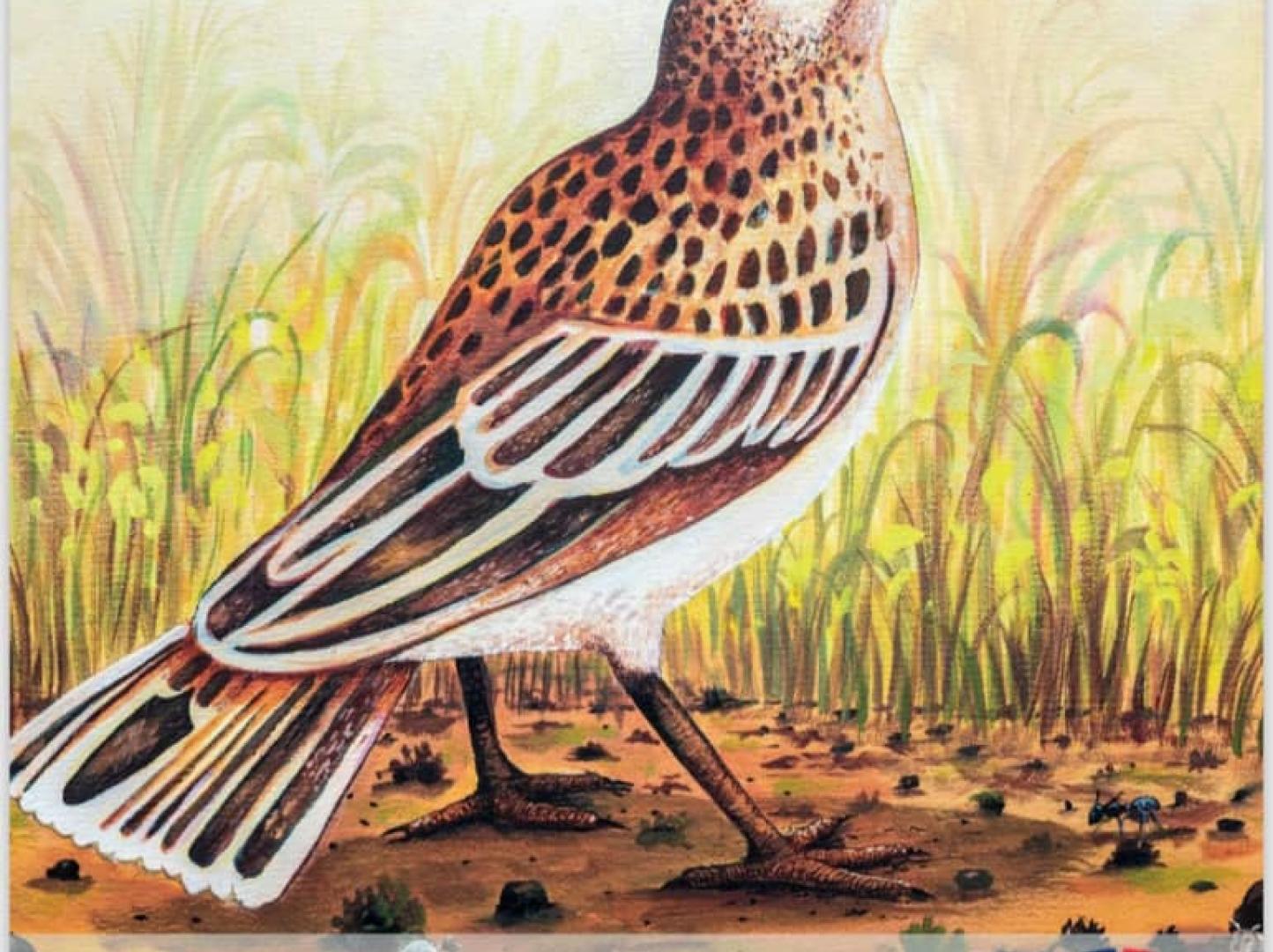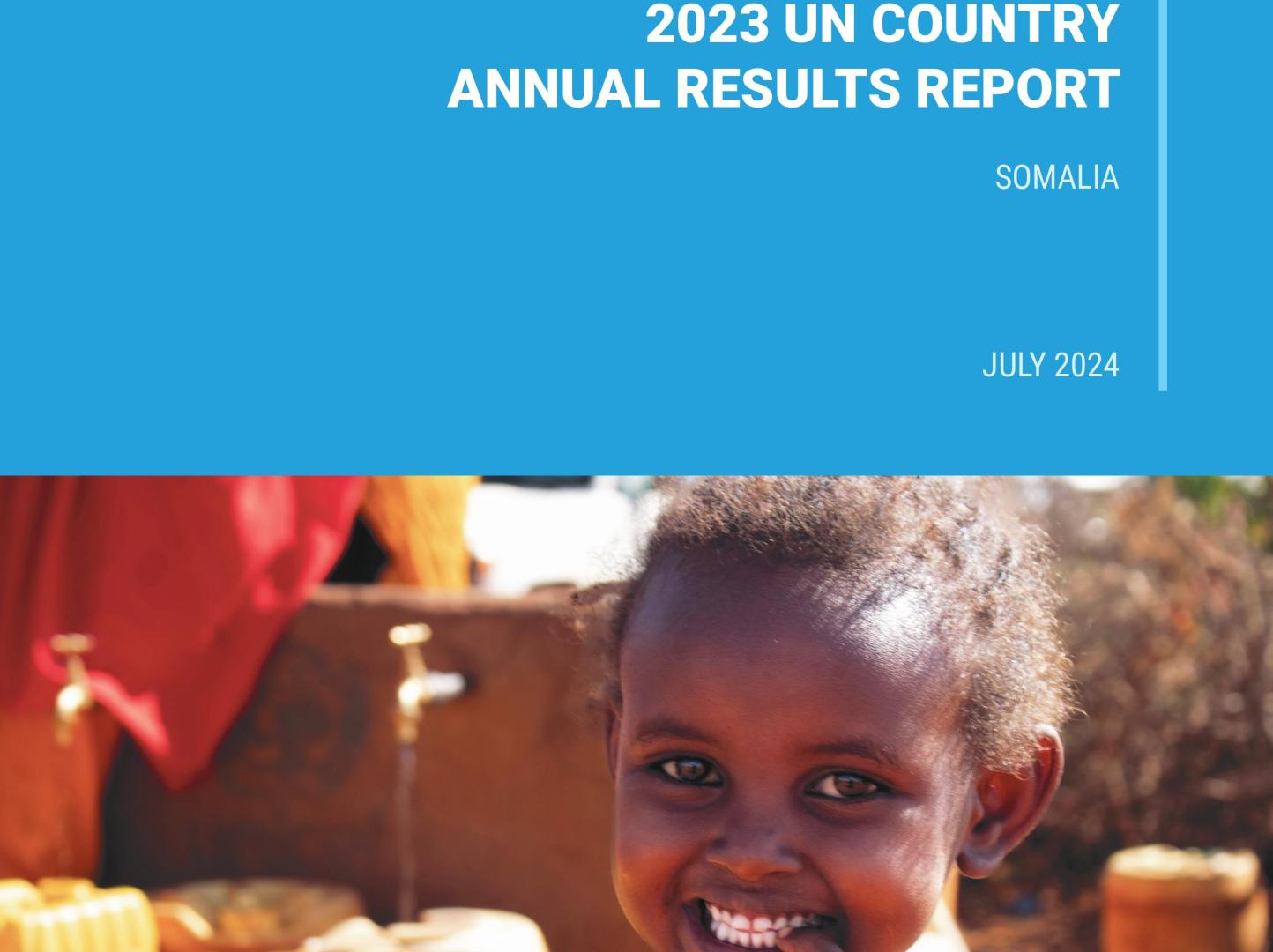IOM 2018 PROGRAMMATIC OVERVIEW

To address overall migration challenges in Somalia, IOM closely works with the Federal Government of Somalia, regional authorities, the UN, donor governments and civil society by implementing programmes through three pillars: (1) Preparedness and humanitarian response; (2) Long term recovery and durable solutions; and, (3) Migration governance and development. Since 2006 IOM has delivered frontline services to crisis-affected populations, while steadily developing models and partnerships for longer term recovery and migration governance. With over 350 staff, IOM Somalia operates from a newly constructed main office in Mogadishu and seven field offices, as well as the Nairobi Support Office in Kenya.
The humanitarian crisis in Somalia, characterized by both natural and man-made factors, is one of the most complex and longstanding emergencies in the world. Due to decades of poverty, marginalization, armed violence, insecurity, political instability, natural hazards and lack of development, the humanitarian situation remains critical in the country. Prolonged drought conditions have been devastating for Somali communities and continue to drive displacement, while ongoing conflict impacts protection and human rights, reduces resilience and hinders access to basic services.














